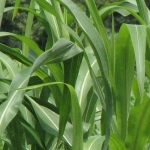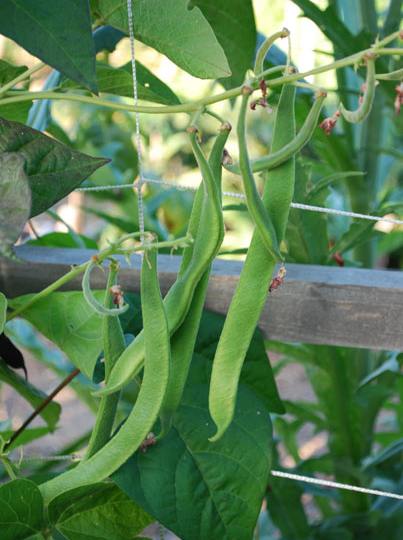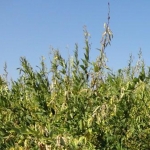


OGRIN
Kenya, Uganda, and Tanzania
5/2020—5/2022
Since its inception in January 2019, the McKnight-funded, Kenya-based Agroecology (AE) Hub project has pushed forward on both capacity strengthening and research activities, expanding its community of practice by involving potential partners in at least one of the several AE-focused workshops it has convened. A completed scoping study enriched Hub members’ understanding of what smallholder farmers consider their critical agricultural issues. Participating farmers consistently identified challenges related to the loss of soil productivity, unrelenting pest and disease problems, and difficulties generating income from their agricultural activities.
During the next two years, the Kenya Hub will support partners to undertake FRN-style research to investigate AE options related to three broad thematic areas: soils, pest and disease management, and value addition opportunities related to farmers’ income generation.
The soils work includes an ongoing collaborative soil health experiment involving several CCRP-funded FRN projects; namely, nearly 600 farmers are testing soil carbon enhancing strategies, and two biofertilizers (super magro and bokashi) have recently been introduced in Kenya by Latin American trainers.
The ecological pest management research is testing the effectiveness of multiple uses of particular chemotypes of Tephrosia vogelii as well as other alternative pest management products, such as ash brew, promoted by some of our Hub NGO and CBO partners. The value addition work will draw heavily on OGRIN farmers’ experimentation, development of suitable small-scale processing equipment, and learnings in the US. For the latter, the team anticipates inviting two OGRIN farmers who are equipment development “wizards” to come to Kenya in year two to share with Manor House’s engineering department staff their expertise and designs for low-tech, labor-saving processing equipment. To accomplish its ambitious agenda, the AE Hub will need continued support in harnessing both science-based tools to inform its research and paying attention to processes that enhance social learning amongst all partners.
First, the OGRIN team will continue to support the development of the soil health and Tephrosia FRNs and initiate a biofertilizer FRN. It will explore a potential fourth FRN on income generation through value addition to farm products. The team will provide support through all phases of FRN development. The emphasis will continue to be on building a science-based foundation for the networks’ research through iterative literature reviews, interaction with FRN research groups working on these topics, and preliminary experiments needed for effective design of FRN treatments and protocols. The team will help document the FRN work through multiple media and for diverse audiences, including videos, webpages, and written reports for CoP members and entities interested in the FRN approach, as well as scientific papers for the research community.
Second, the team will continue to help strengthen the capacity of partners. In terms of science-based capacity, it will continue facilitating experiential learning opportunities for undergraduate students as well as fostering higher-level research training of graduate students working on aligned research topics. This will include a Kenyan soil science PhD student from Colorado State University, who is focused on the potential for plant-based assays to assess key soil-borne pests and diseases in smallholder soils, and a master’s candidate at Maseno University, who is developing a thesis project characterizing microbial populations in biofertilizers. Staff of Hub partner organizations who show a keen interest in research will be mentored, including two people based at Manor House. Of critical importance in capacity development is the promotion of farmer learning and empowerment, particularly identifying roadblocks and alternative approaches to better enable farmer learning.
Outputs:
Outcomes:

